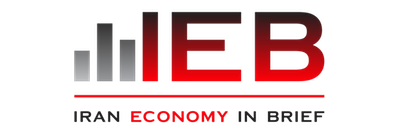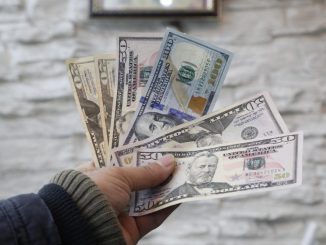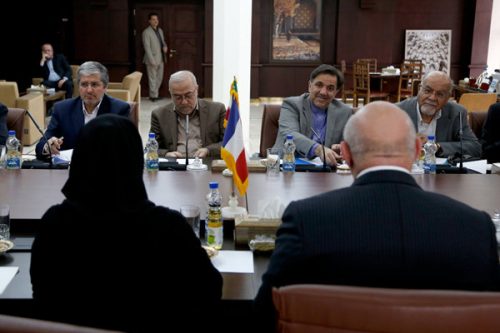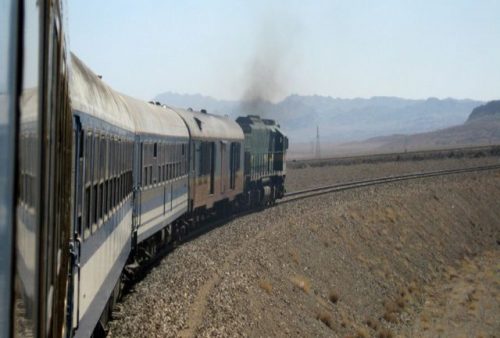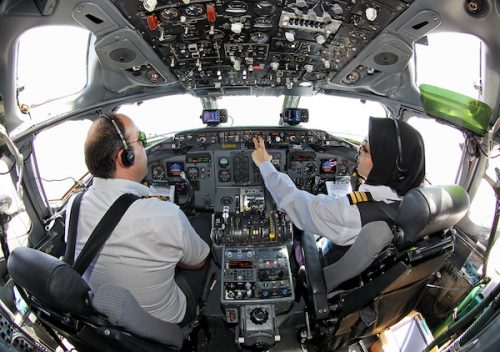
Zagros Airline and Iran Airtour Airline reach agreements with Airbus
Iran has purchased over 200 airplanes from Airbus and Boeing since the lifting of the sanctions in January 2016, following the nuclear deal. Officials in the aviation industry hope that by purchasing these airplanes, 50,000 new seats will be added to the country’s air fleet and 20,000 new job opportunities will also be created.
On the sidelines of the Louboutin Air Show in Paris, two other Iranian airlines, Zagros and Iran Airtour Airline signed agreements to buy 73 new airplanes from Airbus. This agreement is currently awaiting confirmation from the Office of Foreign Asset Control (OFAC) at the US Department of Treasury. These agreements will be financed via a hire purchase plan where Iran Air, will provide 85% of the financing from foreign sources and 15% from domestic sources and the National Development Fund.
Capacity building at harbours
“The total capacity of national ports will increase by up to 250 million tonnes by 2021”, said Mohammad Said-Nejad, Vice Minister of Roads and Urbanization.
In the past four years, the total capacity of Iranian ports has reached 210 million tonnes, from 180 million tonnes in 2013.
“Considering the developments projects of the Oil Ministry, in order to be able to export processed petroleum products, we need to create new capacities in our harbours, in particular at Shahid Rajaee Port”.
Shahid Rajaee Harbour Complex is the closest port to the Strait of Hormuz, one of the world’s most strategically important choke points. Shahid Rajaee Port with the annual loading capacity of 100 million tonnes, is the largest port of Iran. 55% of the total import and export, and 70% of the transited merchandise passes through this port.
Tax exemption for low polluting plants
The Iranian Department of Environment has announced that petrochemical plants who reduce their pollution, will receive tax discounts. Deputy of the Department of Environment, Saeed Motesadi, said: “Petrochemical plants should either decrease their pollution or pay tax for it. But we hope this policy would encourage them to help us having a cleaner air. We are ready to provide support to any petrochemical company which has a plan to reduce its pollution”.
Flaring gases are the main source of pollution among petrochemical plants. South Pars Gas Field in Assaluyeh, Bushehr Province, says it has decreased 80% of its gas flares from 2008 until now.
Custom Office facilitate Export
The Islamic Republic of Iran Customs Office will offer facilities to accelerate customs operations starting July 8th. Goods declared for exportation are no longer required to enter customs at the country of origin and will be directly guided to the outbound border.
The weighing process which up to now was done in the origin custom and caused a lot of wait for the trucks has also been deleted. Carriers of level one (green) and level two (yellow) goods are no longer required to seal the shipments at the point of origin. Export goods will be evaluated at the border by customs experts and if required, be sealed and sent across the border. This will minimize the delay for export goods from origin to the border.
